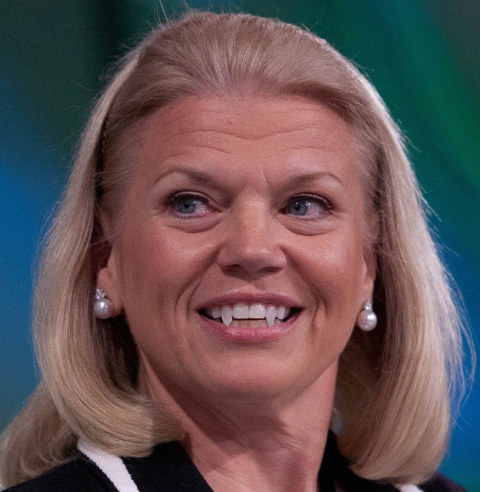Serial litigators are finding no sympathy in courts these days

Summary: A look at reports that highlight activity of patent trolls, including less traditional kinds of trolls which act as satellites of larger companies that wish to distance themselves from bad publicity
DEPARTING for a moment from
EPO coverage and not necessarily focusing on the
USPTO either, let is be accepted that patent litigation in the US (usually "litigation central") is down sharply and the golden age of patent trolls is ending, just in time for
Ray Niro's death (he is
the father of patent trolling).
IAM, which often speaks for patent trolls, bemoans
these latest findings from Mark Lemley
et al (proponents of patent reform and opponents of patent trolls):
But in a second paper published in the Patently-O Patent Law Journal, the team at ROL together with Professor Mark Lemley of Stanford Law School and Stanford law student James Yoon, have done a deep dive into the litigation data to see just how the litigation success rates vary for patents bought on the secondary market. The study combined two data sets: one for every patent lawsuit filed in 2009 and 2010 litigated to a substantive decision; and another which analyses USPTO assignment records to pick up all transactions and assignments for the patents in question. Ultimately, they were left with 516 litigation decisions in which the patentee won 24.2%. Just over half of the patents, or 280, had been transferred before any litigation began.
Overall they found that the patent owner won in 21.1% of the cases for patents that they had bought and in 28% of the cases for patents they had developed in-house. It’s widely accepted that winning an infringement lawsuit in the US these days is an uphill struggle, whether you’re litigating your own portfolio or one you have acquired, but the study added a lot of detail when it looked at how different types of entity fared when they litigated patents they had purchased.
Not only does it show that trolls' business model is suffering; it also shows that certainty in litigation is quite low right now. Considering the low quality of many US patents (examination not as thorough as courts' examination with expert witnesses), this is hardly surprising. The USPTO gave lots of worthless patents to many parties, and some parties (like IBM or Microsoft) received tens of thousands of such worthless patents, which are only worth something when used
in bulk against a small plaintiff that cannot afford to challenge them all in court. This has indeed been Microsoft's strategy against Linux and
IBM now follows similar footsteps. These two companies increasingly act like trolls because they simply cannot sell products in various domains they had aspirations in (like Microsoft in mobile/devices).
The form of trolls has been shifting and changing. "PAE" is the buzzword
du jour.
Patent troll CSIRO, which now faces
legal barriers w.r.t. CRISPR, has begun making headlines again and someone sent us
this report titled "CRISPR — the biggest biotech discovery in decades — is stuck in legal limbo". This is the "last important patent interference proceeding to come before a panel of its judges," Natalie Rahhal
wrote for MIP in New York. CSIRO is not a traditional kind of troll, but in many ways it resorted to behaviour that is indistinguishable from trolls'. We wrote many articles about it around half a decade ago.
Trolling, however, is not just a passing fad because as quality of patents sinks to gutter levels in China patent trolls are starting to emerge and neighbours of China too gradually buck this trend. Some
Korean banks are creating a patent troll in Korea, says IAM this week, noting the following:
It is worth pointing out that KDB Infra IP Capital is not the only SPF among MPEG-LA licensors; compatriot Intellectual Discovery as well as Japan’s IP Bridge are also pool members, having acquired SEPs from operating companies in their home countries.
We have written a great deal about
MPEG-LA, a truly malicious patent troll headed by Larry Horn -- himself quite a notorious character. MPEG-LA pools together quite a few patents from quite a few companies. When it comes to litigation, it acts very much like a troll, led by Mr. Horn. Quite a few patents of MPEG-LA are expiring or already expired, but this troll resorts to evergreening using its newer pseudo 'standards', as mentioned here before.
Right now it is important to recognise the strong correlation between patent quality and the severity of the patent trolling epidemic. We regularly remind readers that most patent trolls rely primarily if not solely on software patents, so in order to combat all that trolling we need to organise against software patents
everywhere.
⬆

